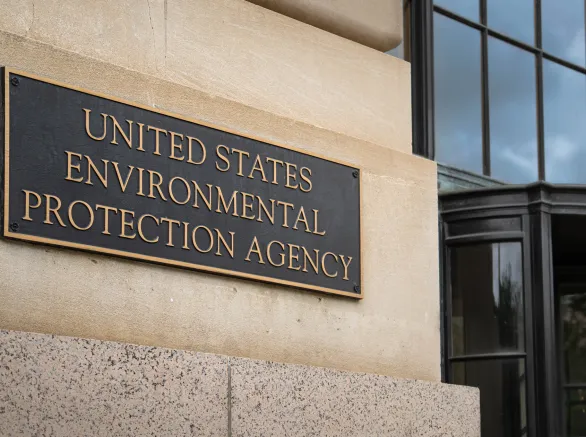June 1, 2020
Q1 2020 updates for labeling & packaging
In 2012, the Scientific Committee on Consumer Safety gave the opinion that consumers should be informed of another 61 fragrance allergens on cosmetic product labelling in addition to the current 26. If introduced, this additional requirement would have a significant impact on the way cosmetic products are labelled. The European commission therefore has suggested three options for addressing this:
- No change to current labelling requirement.
- Label additional fragrance allergens according to current labelling rules.
- Digital labelling of fragrance allergens as an alternative to on-pack labelling via either a website, a QR code or barcode, or a combination of these.
The EU public consultation on this matter closed on February 11, 2020, and results are pending. Further information is available here.
Titanium Dioxide
From October 1, 2021, the 14th Adaptation to Technical Progress (ATP) to the Classification, Labelling and Packaging (CLP) regulation will be applicable to chemical substances and mixtures, which classifies titanium dioxide as a category 2 carcinogen by inhalation. In February, the Scientific Committee on Consumer Safety (SCCS) adopted a new mandate to review the safety of titanium dioxide when used in cosmetic products, the deadline for which is August 2020.
The results of this SCCS mandate will be important as titanium dioxide is a very widely used colorant in cosmetic applications.
49th Amendment to the IFRA Code of Practice
On January 10, 2020, the 49th amendment to the International Fragrance Association (IFRA) code of Practice was notified. Around 100 IFRA standards have been revised, and 25 new ones have been introduced. The product type categories have also been altered. The new standards will come into force for new fragrances on February 10, 2021, and for existing fragrances on February 10, 2022. Manufacturers of cosmetic products must ensure any fragrances they use adhere to the 49th amendment on the appropriate date.
China Microbeads Ban
China is in line to ban the manufacture of cosmetic products containing Microbeads by December 31, 2020, with products containing microbeads to be removed from the Chinese market by the end of 2022.
Endocrine Disruptors
The SCCS has adopted mandates to review the safety of the following substances with endocrine-disrupting properties:
- Benzophenone-3
- Homosalate
- Octocrylene
- Propylparaben
- Resorcinol
The SCCS will investigate whether the ingredients are still safe for use in cosmetics, in what product types and concentrations they should be used, and any other scientific concerns the SCCS has. The deadline for review is October 2020.
Butylphenyl Methylpropional
Butylphenyl methylpropional (also known as Lilial) is a widely used fragrance ingredient in cosmetics that currently must be labelled as an allergen if present at greater than 0.01% in rinse-off products and 0.001% in leave-on products. Lilial is currently undergoing a harmonised classification as a CMR 1B substance, which will likely lead to a ban in cosmetic products, as the SCCS had already been unable to provide a positive opinion for its continued use. It is likely that this ban will take effect towards the end of 2021, and manufacturers should look to reformulate any existing products containing this ingredient.
Exponents Cosmetics Regulatory Team has over 20 years of experience working across all areas of the personal care industry. If you are a manufacturer, distributor, or retailer of personal care products, then our team will help you address global compliance with all relevant regulations, so you are able to confidently offer your customers high quality, safe, and sustainable products.

